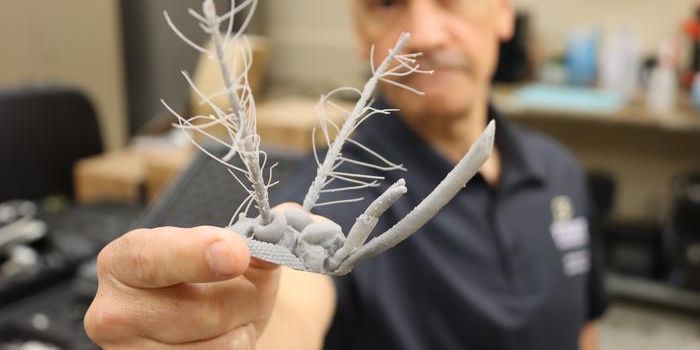AI Detects Heart Failure from Smart Watch Data
Heart disease, including heart failure, is an increasingly common health problem people experience around the globe. Heart failure, which means the heart is unable to effectively pump enough oxygen-rich blood around the body, affects more than 6 million adults in the U.S. alone. The ability to diagnose this condition correctly and early can lead to more effective treatments and interventions.
A team of researchers at the Mayo Clinic have used artificial intelligence to analyze ECG data gathered by smart devices like Apple Watches, which proved an effective way of detecting heart failure in wearers. Their work is described in a recent article published in Nature Medicine.
In particular, researchers were able to record, detect, and even accurately diagnose “ventricular dysfunction,” which refers to weakened heart pumping activity. In a typical clinical setting, this type of condition is often diagnosed using expensive equipment that is not always accessible to all patients, such as CT and MRI scans or an echocardiogram. Ventricular dysfunction, a common indication that someone may be at risk of developing heart disease and heart failure, affects an estimated 2% of the general population. That number rises to almost 10% in people over 60 years old.
The study involved about 2,400 participants across the U.S. and from 11 different countries. Participants wore Apple Watch ECG devices that included an app developed specifically at Mayo Clinic. The app allowed participants to have their ECG data uploaded directly their electronic health records (EHRs). The data was also fed through an artificial intelligence algorithm that was used previously, with success to detect weak heart pump. This algorithm is owned and licensed by Anumana Inc. The AI interpreted data from the Apple Watches to detect signs of ventricular dysfunction. Overall, findings from the study suggest that the AI algorithm could successfully detect weak heart pump.
A little over 400 patients also had a traditional echocardiogram after logging some data on their Apple device, which helped researchers confirm the accuracy of their findings from the Apple Watches.
Overall, findings suggest that Apple Watch ECGs may offer less expensive diagnostic tool compared to existing tools.
Sources: Eurekalert!; Nature Medicine; CDC








